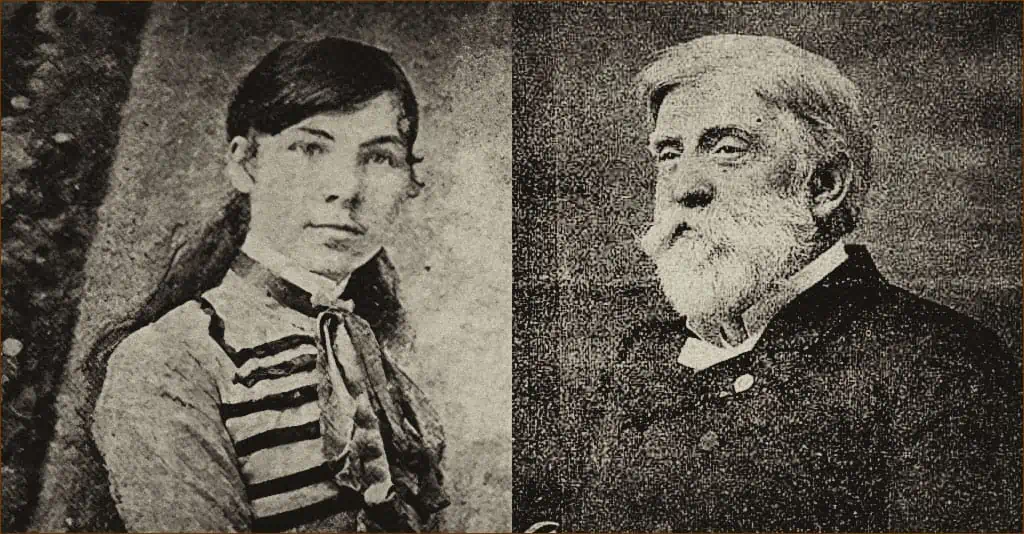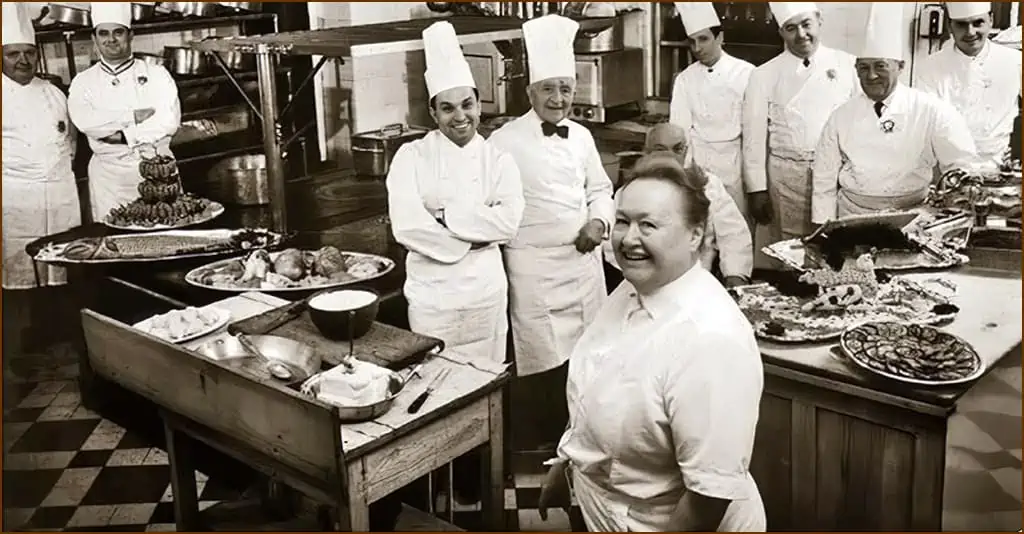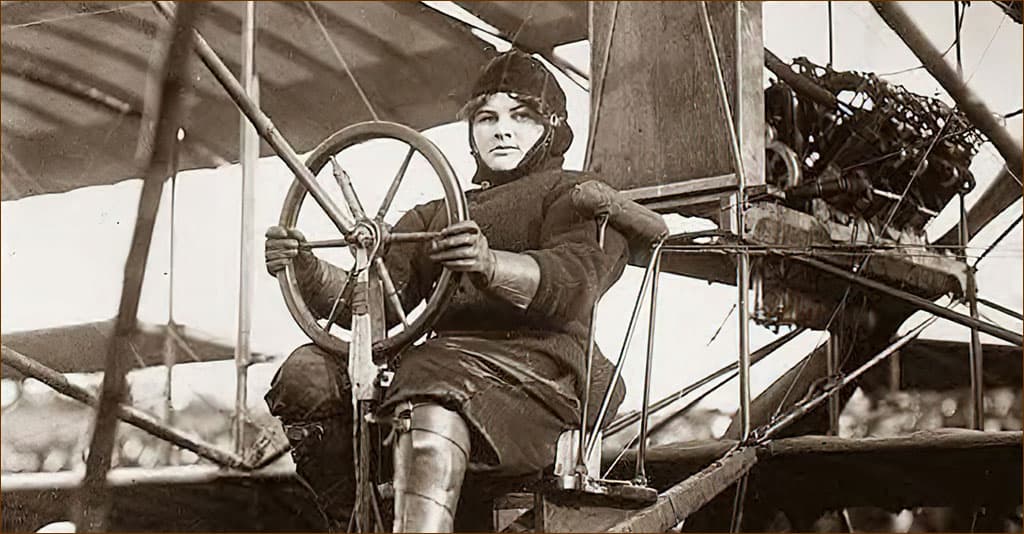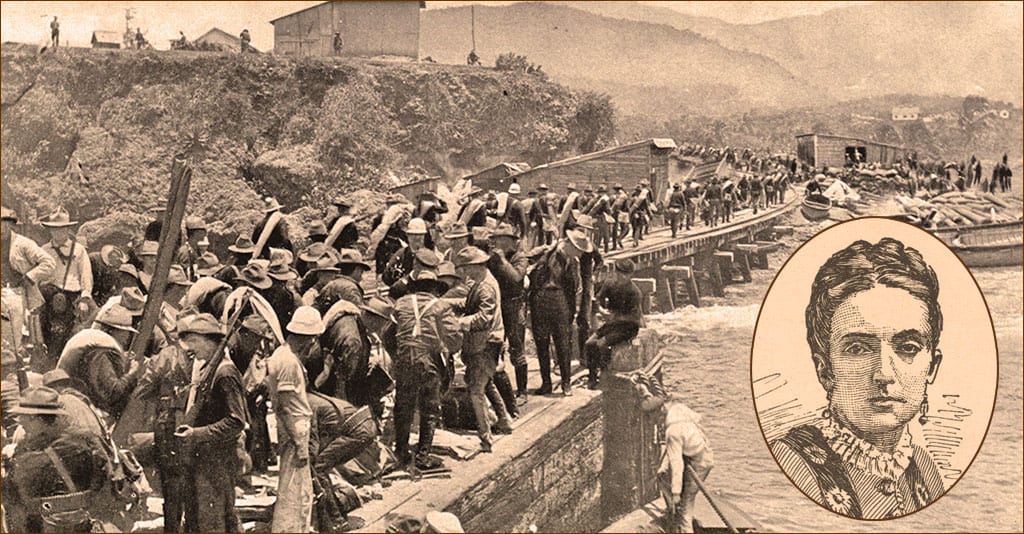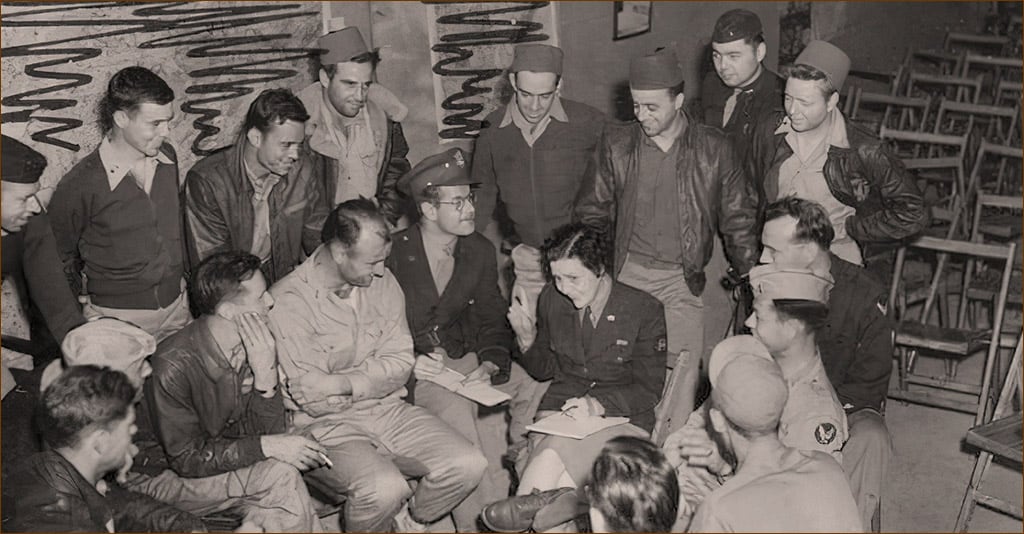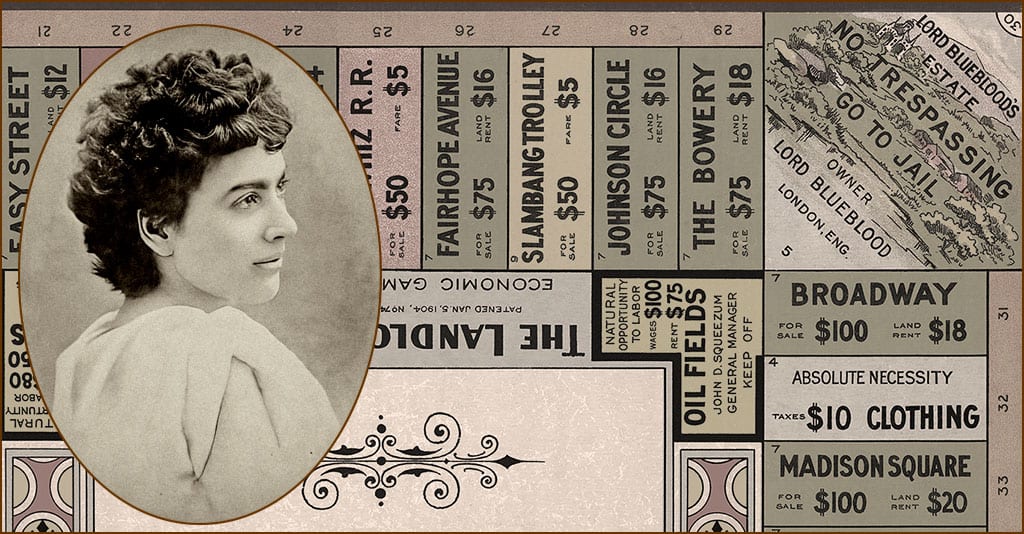
You know the rules. Landlords get rich at the expense of tenants. Travel means shelling out for a railroad ticket. You can have utilities, but they’ll cost you. Run afoul of the landlord and go directly to jail — forget about passing GO and collecting $200. It’s the board game Monopoly, invented by a feisty, progressive feminist whose invention was stolen in the 1930s by a man named Charles Darrow.
Continue reading “How Monopoly Inventor Elizabeth Magie Lost Her Game”
